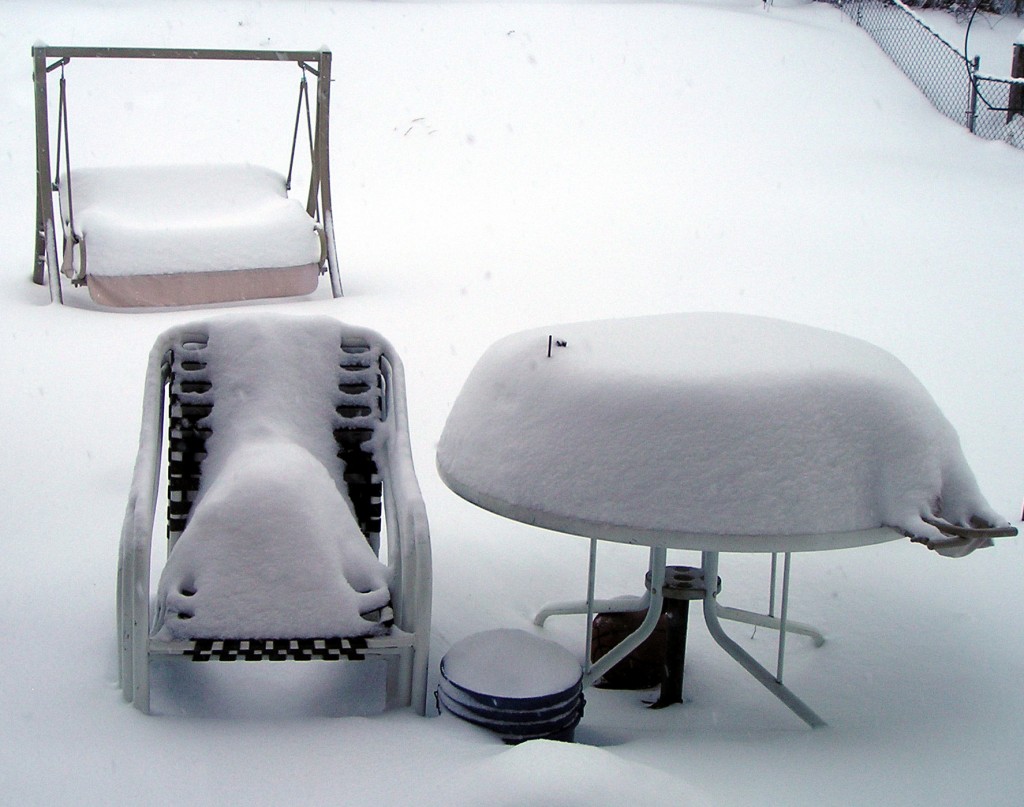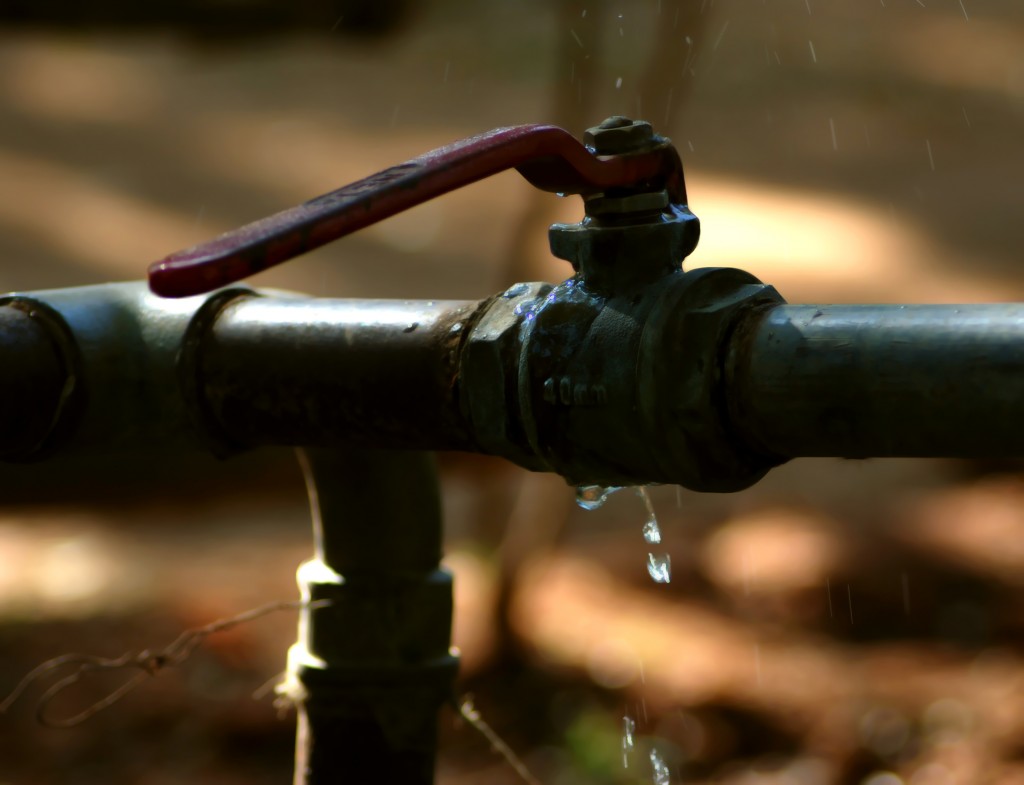We’re in the midst of the shoulder season here in the high country of Colorado. Autumn is quickly turning into winter, and snow is beginning to accumulate. For both owners of second homes and full-time high country residents, it’s important to prepare your home for the cold and snow of the upcoming Rocky Mountain winter. Here are a few last-minute tips to make sure your home is winter-ready.
First of all, it is wise to inspect your property outdoors. Remove leaves, sticks, and other debris that may have accumulated in your gutters, on your roof, and along the foundation of your home. This debris can interfere with your home’s ability to properly drain rain and snowmelt. Mold, leaks, and flooding problems could occur if such debris is not removed.
If you have outdoor patio or lawn furniture, try to store it for the season. All the cold of winter can damage your outdoor furniture, quickly reducing the life of the product. Besides, you won’t be able to use it anyway if it’s covered in snow.
Remember to inspect your home for cracks or leaks before it gets too cold, especially around doors and windows. Try the “dollar bill” test – if a crack between a door or window is big enough that you can easily slide a dollar bill between it, then your home isn’t optimally insulated. Sealing cracks and noticeable leaks with weather stripping or sealant will keep your home warmer and help to reduce your energy bills.
Indoors, remember to regularly inspect your furnace filter. A clean filter will improve the indoor air quality of your home, and also allow your furnace to operate more efficiently.
If you have a fireplace or wood stove that you plan to use this winter, have the stove and chimney professionally inspected and, if necessary, cleaned. This allows for cleaner, more efficient operation of your fireplace or stove. More importantly, an improperly maintained fireplace is an increased fire hazard. Maintain your fireplace to keep yourself and your family safe. If you have a firewood pile on your property, make sure it’s not piled up against the foundation of your home. This can trap moisture or insects against your foundation, which may cause damage and other problems over time.
Try to inspect your plumbing and foundation for any cracks or leaks. Now is a good time to make any repairs. A small leak now can become a much bigger problem after a cold freeze, so fixing it now can save a lot of headache (and money) down the road. We also recommend adding insulation to pipes when necessary.
These are just a few tips to winterize your home. Of course, there’s always more you can do. To get more info, contact Rocky Mountain Catastrophe today. We can help with any maintenance or repair work to make sure your home stays warm and dry this winter.
Give us a call at (970) 722-7744 or email [email protected].
For additional reading on winterizing, click here to check out CBS Denver’s article.



